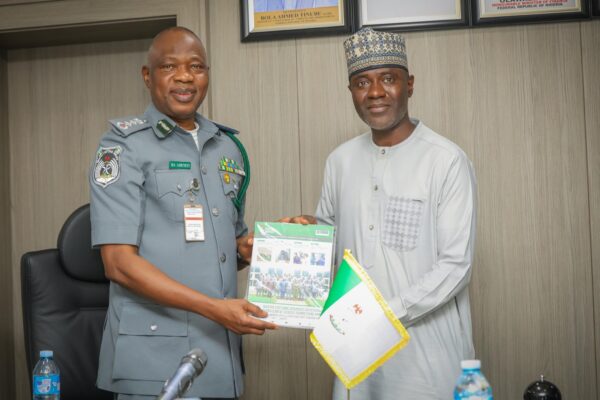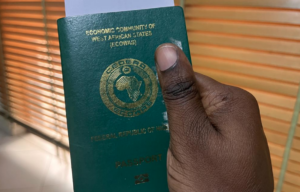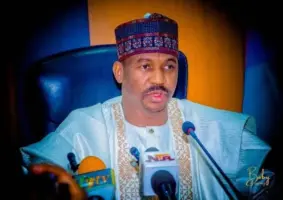The Comptroller-General of Customs, Adewale Adeniyi, has pledged stronger collaboration with the Nigerian Communications Commission to improve revenue generation, enhance national security, and safeguard public safety through tighter monitoring of imported communication devices.
A statement shared on the official X handle of the agency on Friday stated that the CGC made this commitment on Tuesday, 30 September 2025, when he received the Chief Executive Officer of the NCC, Aminu Maida, who paid a courtesy visit to the Customs House in Maitama, Abuja.
According to the statement, Adeniyi expressed that the Service was already looking beyond revenue and focusing on the security implications of unchecked importation of mobile devices, stressing that closer synergy with the NCC would allow both agencies to strengthen their monitoring systems.
He explained that technology-related imports, such as mobile phones, network boosters, and other telecom equipment, must be subjected to proper certification and classification under the Customs’ tariff regime, noting that such measures would ensure only authorised importers are permitted to bring them into the country.
The CGC highlighted that the Service would work with NCC to train its officers on certification processes and align tariff codes with regulated devices to curb abuses at the borders, adding, “Both for effective security and revenue, we will be committed to deepening collaboration.”
On broader safety issues, the CGC noted the growing need for cooperation in maintaining facilities in highly populated urban areas.
He observed that the concentration of high-rise buildings in Abuja, coupled with places of worship and sensitive institutions, demands vigilance and shared learning between both agencies to prevent disasters.
Read Also
- Nigeria Customs Seizes 20 Diverted Containers Worth ₦769.5m
- Customs, NMDPRA Collaborates To Tighten Grip on Fuel Diversion, Safeguard Nigeria’s Energy Security
- Customs Extends Deadline for Fast Track Migration to January 2026
- Customs Foils Smuggling Attempt, Seizes Consignment Worth N112.6m In Adamawa
The NCC boss congratulated Adeniyi on his election as Chairperson of the World Customs Organisation Council, describing it as recognition of his leadership both at home and abroad.
Maida emphasised that the NCC’s Device Management System, a platform designed to track imported phones and block substandard devices, would not only help Customs boost revenue but also enhance the quality of service for telecom subscribers.
“One of the least understood factors affecting service quality is the device itself. If a subscriber is using a substandard phone, no matter the investment operators make in their networks, service quality will remain poor. That is why the DMS project is critical,” he said.
He raised concerns over the uncontrolled use of network boosters, which, though sometimes helpful to individuals, often distort signals and reduce overall network quality.
He called for Customs’ support in restricting the importation of uncertified boosters and ensuring only approved devices enter the market.
Maida also added that both agencies must continue to sustain the “spirit of collaboration” already established, assuring that the NCC would work closely with Customs to tackle the dual challenges of revenue leakages and consumer protection.





